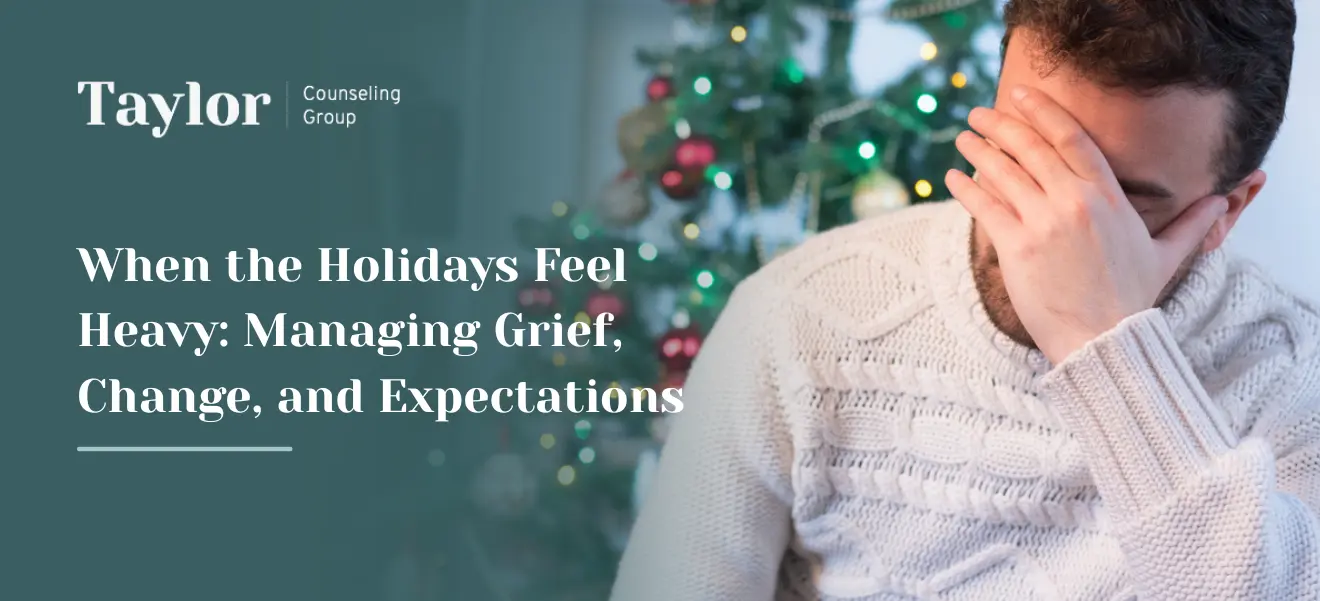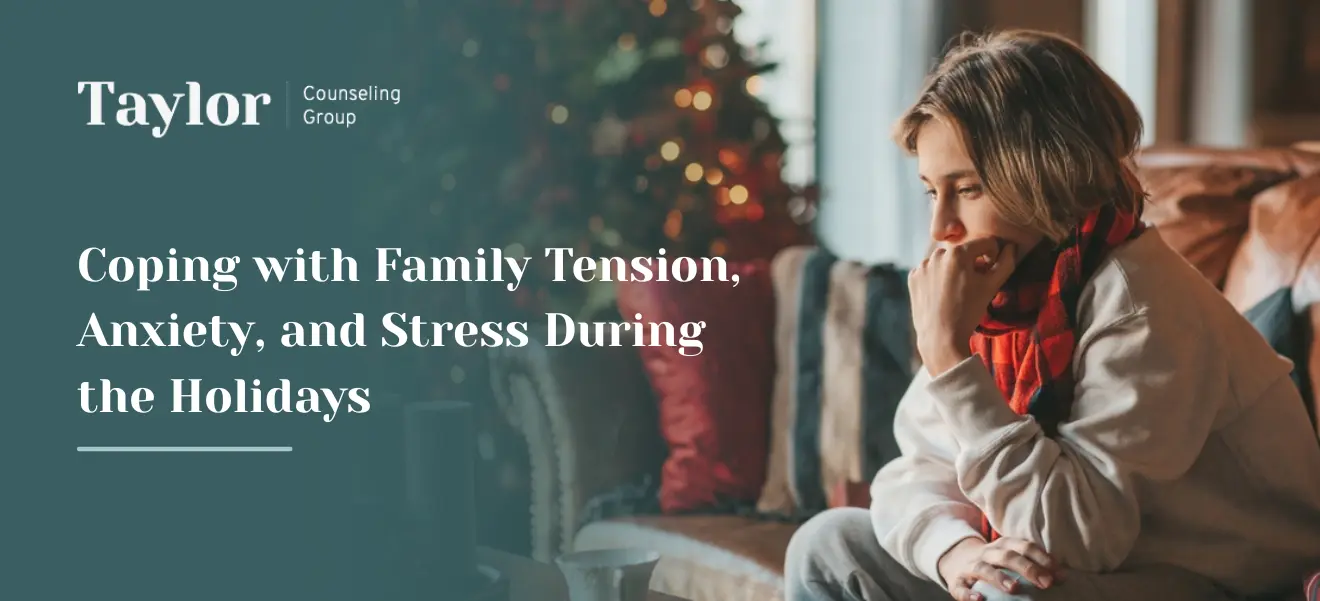As I hear the screaming, the yelling, things breaking, and footsteps racing to the kitchen I peek out, and there I see a gun being pulled out of a cereal box-I was four years old. Fast forward twenty plus years and I wonder will this ever happen to me, will I be a victim just as my mother, and will I choose to stay as she did.
You are nothing, you are the one who is crazy, and you don’t know how to survive without me. It’s just a “love tap”. Try, try to take my kids, I dare you. I will kill you if you don’t answer me again, and next time this will go off with you in front of it. I am so scared, maybe he is right, and it is my fault.
These are just two examples of how partners and children of domestic violence are affected. Domestic violence can happen to anyone, and the primary question I am asked is how and why, do they choose to remain in the relationship, especially when there are children in the home. When an abuser uses intimidation and emotional abuse it is not only used to continue to gain power and control over their partner but used to begin breaking down their partner piece by piece. Sometimes the partner becomes so broken the only thing that runs through their mind is I can’t do this anymore, I am nothing, and everyone will be better without me. When power and control have been taken it is walking on eggshells because they don’t know when it is their partner will react or explode. It is believing their partner is a good parent because the kids have never been harmed, are taken care of, and would more than likely be better off if I weren’t in the picture. It is smelling a strong odor of alcohol and being shown a gun at the same time. It is engaging in denial that my kids aren’t being affected and or they won’t remember this.
Next time instead of asking, why don’t you just leave, ask can I help you create a safety plan for just in case You decide You want to leave and are trapped. Instead, ask is there anything I can do to be more supportive or helpful, what do you need in this moment, and most important it is asking do you need help. When you get frustrated and feel helpless remember the scenarios above, remember how their sense of power and control have been striped, and remember to provide resources even though it is not guaranteed they will use them in that moment.
If you are a victim of domestic abuse or a child who has been impacted by witnessing domestic violence please remember you are not alone. Other resources that may be helpful: www.thehotline.org and National Domestic Violence Hotline at 1-800-799-7233 or 1-800-787-3224 (TTY) now.







